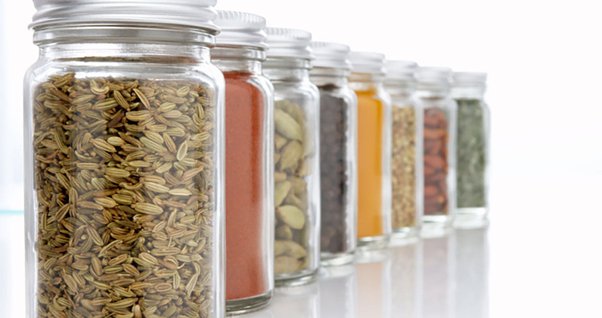Onions have numerous health benefits that make them a must-have in your diet. They are low in calories, high in fiber, and full of antioxidants that can help prevent many diseases and keep you healthy.
Onions contain quercetin and other antioxidants that fight inflammation in the body, helping you avoid disease. They can also reduce blood sugar levels.
Lowers Blood Pressure
Onions are a great source of quercetin, a powerful antioxidant that may help lower your blood pressure. They’re also rich in potassium, which can help your body flush out excess sodium.
High blood pressure is called hypertension, and it puts you at risk for many serious health problems. It can damage your heart, kidneys and brain before you even know it’s happening.
If you have stage 1 or 2 hypertension, your doctor will recommend changes in your lifestyle to manage your condition and may start you on medication to help lower your pressure. Your doctor will discuss what treatment is best for you and your goals.
Lowers Cholesterol
Onions, particularly red onions, have been shown to lower cholesterol levels. This is because onion contains an anti-inflammatory compound, quercetin, which may help prevent artery hardening and blockage.
Cholesterol is a waxy substance that your body needs, but too much can raise your risk for heart disease and stroke. High levels of LDL, or “bad” cholesterol, in your blood can cause fatty deposits to form on the walls of your arteries, which can narrow and restrict the flow of blood around your heart.
To reduce your cholesterol levels, you need to eat a diet low in saturated fats and high in unsaturated fats. Saturated fats are found in many foods such as meat, dairy products, chocolate and processed food.
Lowers Blood Sugar
Onions have the potential to lower blood sugar levels in people with diabetes or prediabetes. They are low in calories and are an excellent source of fiber, iron, vitamins C and A.
Researchers have also found that onions can help reduce insulin resistance, a common cause of diabetes. They contain quercetin, a flavonoid that improves insulin sensitivity.
A study published in 2015 revealed that an onion extract strongly lowered high blood glucose (sugar) and total cholesterol in diabetic rats when combined with antidiabetic drug metformin. The research was presented at the Endocrine Society’s 97th annual meeting in San Diego.
Lowers Blood Cholesterol Levels
The fatty waxy substance known as cholesterol is present in the human body in two types, namely HDL (good cholesterol) and LDL (bad cholesterol). An excess of LDL can increase your risk for heart disease.
Keeping the cholesterol level in balance is essential for healthy functioning of the body. This can be achieved by consuming foods rich in plant sterols, soluble fiber and unsaturated fats.
In addition, regular exercise can help lower cholesterol levels. The AHA recommends 150 minutes of moderate aerobic activity per week, if possible.
Helps in Weight Loss
Onion is a great way to get a healthy dose of vitamins, minerals and antioxidants into your diet. It is also a low-calorie food.
It is a good choice for those trying to lose weight because it can help reduce cholesterol levels, which is essential for heart health.
Onion is an excellent source of vitamin C and dietary fibre, so eating it is a healthy option for those with high cholesterol levels or who are trying to kick start a fitness routine. It can also help boost the metabolism, and aid in fat loss. The best way to consume it is in moderation.
Helps in Treating Asthma
Onions are a natural asthma medication, which is used to ease the symptoms of the disease. Quercetin, a compound present in onions, helps relax the bronchial muscles and eases breathing.
It is also effective in controlling inflammatory chemicals that cause the inflammation of the airways. Moreover, it is an anti-bacterial agent that can help fight infections.
Asthma is triggered by various allergens and irritants in the environment. These include pollen, dust, mold, animal fur and other things.
The best way to combat asthma is by avoiding triggers, getting a good diet and following an action plan that is decided upon by your doctor. Exercise, stress management and a healthy lifestyle are also useful to control your asthma.
Also Search: Soymamicoco






